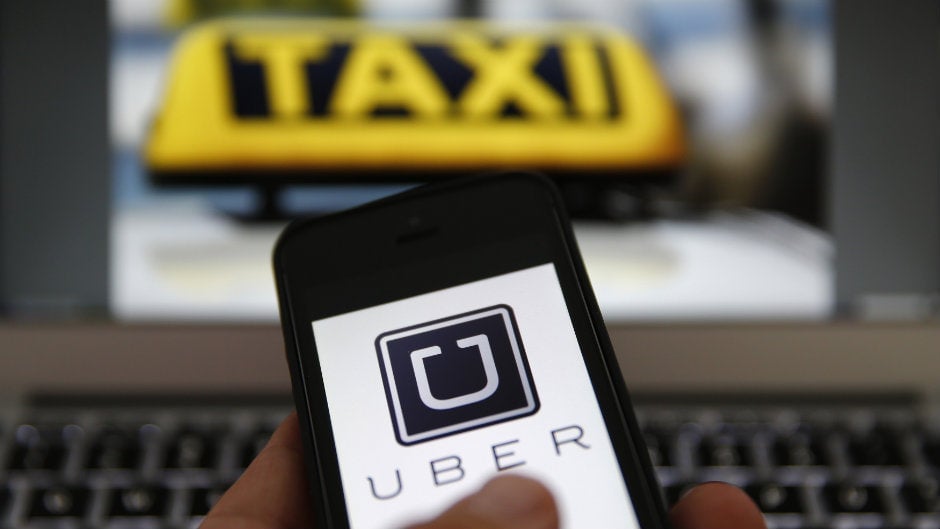Uber’s valuation is an astounding $40 billion
One of the world’s largest startups just got larger.


One of the world’s largest startups just got larger.
The New York Times’ DealBook reported today—and Uber itself confirmed—that “a major round of venture financing” underway would value the fast-growing ride-sharing service at roughly $40 billion. Six months ago, the service was valued at roughly $18 billion. (Fortune reported today on new Delaware filings showing Uber is selling $1.8 billion in new shares in the company.)
Of course, these valuation figures are often subject to some squishiness. But Uber has clearly left other US startups in the dust. According to the Wall Street Journal’s Billion Dollar Startup club, which clocks valuations of buzzy ventures closely, the closest rival to Uber in terms of valuation is Airbnb, which is valued at roughly $10 billion. For the record, China’s start-up smartphone company Xiaomi could be worth more.
Some have argued that such outsized valuations are clear evidence that a bubble is building among Silicon Valley’s startups. But others point to structural changes, such as new legislation that allows startups to broadly solicit investors without being forced to go public, as an indication that we’ll increasingly see startups become larger, more developed companies before they go public. (Public offerings would be the only way start-ups this large can provide an exit for early stage investors.)
Of course, Silicon Valley goes through periodic swings of euphoria. So it wouldn’t be a big surprise if the current valuation surge turns out to be a bubble. But unlike the tech stock boom and bust of the 1990s—when many retail investors lost their shirts—if this one pops it will largely be venture firms and employees with equity who feel the losses.